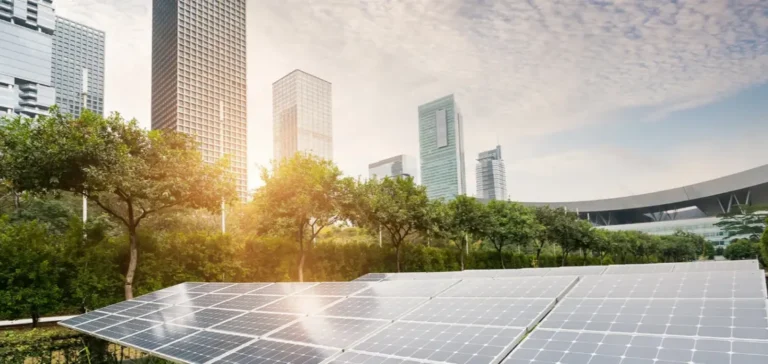The 2025 edition of the Renewable Electricity System Observatory provides a critical overview of the progress of renewable energy sectors in France. The report highlights that without a rapid and coordinated increase in green electricity production capacities, the country will remain dependent on imported fossil fuels, which still account for more than 60% of its current energy mix. According to projections by Réseau de Transport d’Électricité (RTE), national electricity consumption could rise from 495 TWh to more than 700 TWh by 2050.
Installed capacity remains insufficient amid rising demand
In 2024, installed capacity reached 25 GW in solar power, 23.5 GW in onshore wind and 1.5 GW in offshore wind. To meet the expected increase in electricity demand—driven by the electrification of transport, buildings, digital services and industry—renewable generation must grow by an additional 160 to 190 TWh. The Observatory emphasises the central role of developing storage capacities, flexibility mechanisms and modernising the electricity grid.
Renewables also represent a major industrial issue, supporting over 80,000 direct jobs across the country: 49,500 in photovoltaics, 25,600 in onshore wind and 7,800 in offshore wind. The ecosystem is based on approximately 150 industrial sites positioned as drivers of know-how, local economic activity and European value chains.
Industry demands regulatory clarity and long-term stability
The Observatory warns that any political uncertainty or regulatory delays could undermine the national energy trajectory. Sector companies are calling for long-term visibility and consistent political signals to secure the necessary investments. The report notes that subsidies for renewable energy, estimated at around €5bn ($5.43bn) annually, should be considered alongside the €60bn ($65.2bn) spent each year on fossil fuel imports, excluding exceptional spikes like in 2022.
Aligning public policy with industrial needs is now critical to protect existing assets and prepare for future sector expansion. Institutional support must include maintaining auction schedules, securing grid connections and boosting storage capacity.
National energy roadmap urgently awaited
Amid persistent uncertainty, the Observatory urges French authorities to promptly release their national energy roadmap. This document is deemed essential to restore trust, strengthen existing sectors and channel investment toward durable assets.
With a largely decarbonised electricity mix, France holds a strategic advantage within the European Union. However, the electrification of uses—identified as a key driver of energy sovereignty and reindustrialisation—can only advance through rigorous planning and firm policy decisions. The infrastructure needed for energy independence in the coming decades must begin construction today.






















